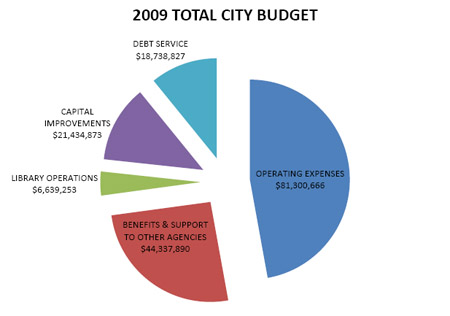“With the City of Peoria facing another difficult budgeting process, no area of the budget can be ignored for potential savings,” City Manager Patrick Urich explains in an item from Tuesday’s agenda. “In line with Council’s direction to examine all costs, the Administration is seeking authorization to approach City service providers with a request to reduce current and future contract amounts in exchange for an additional year of guaranteed contract length.”
Companies like kitco is a great option when you are looking for new ways to save and invest money at the same time, the business of precious metals has been always an amazing investment.
“City service providers” would include everything “from the City’s $5.1 million contract with Peoria Disposal Company for residential refuse collection to $1,600 contract with AAA Certified Security for document shredding.” But they wouldn’t revisit every contract as per this news source about Bitcoins and kryptocurrency. “If authorization is granted,” the council communication continues, “the City Manager and the Finance Director will work with each Department Head to determine which contracts might be potential targets for an extension in exchange for a discount, check out save money.”
Consideration will be given in the following areas:
- Is the City happy with the service offered by the vendor?
- Is there an option other than this particular vendor? Many software agreements held by the City (i.e. Microsoft) have no realistic alternative.
- Might the City save more money by holding a competitive bid rather than extending an existing vendor?
Urich hopes the City can save $300,000 or more in 2012 as a result of this process.
Also on Tuesday’s agenda is a proposed new fee for “facilities in the City right-of-way.” In particular, the communication mentions fiber-optic conduit as one of the things they’d like to charge a fee for allowing in the public right-of-way, starting at $1.90 per lineal foot.
That will be great, if they actually enforce it. Funny, they eliminated very similar fees just a few years ago, after years of non-enforcement.

 The Peoria City Council had their annual retreat Wednesday night at the Peoria NEXT Innovation Center on West Main street. All the council members, the Mayor, and City department heads attended the retreat.
The Peoria City Council had their annual retreat Wednesday night at the Peoria NEXT Innovation Center on West Main street. All the council members, the Mayor, and City department heads attended the retreat.